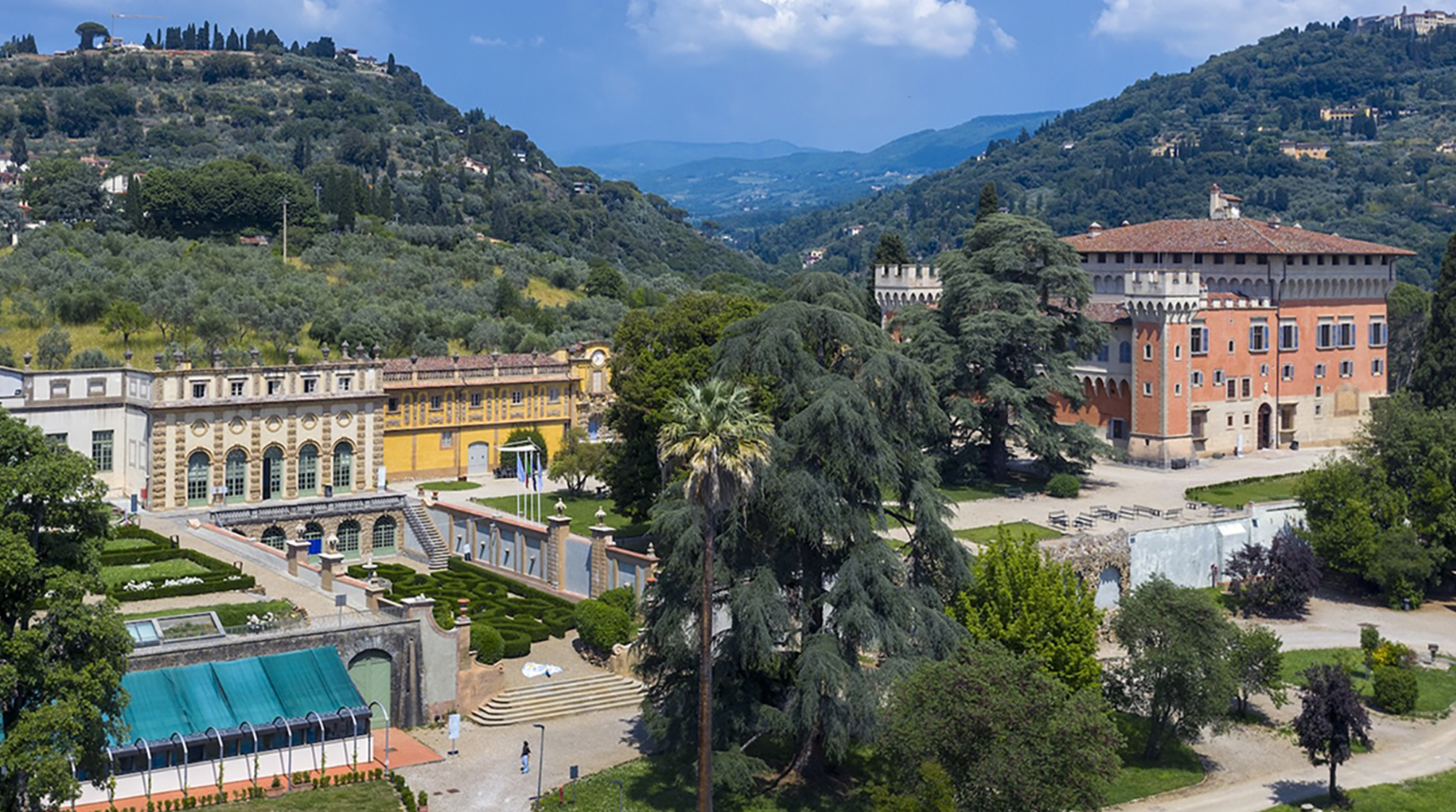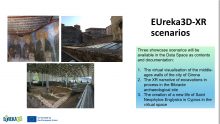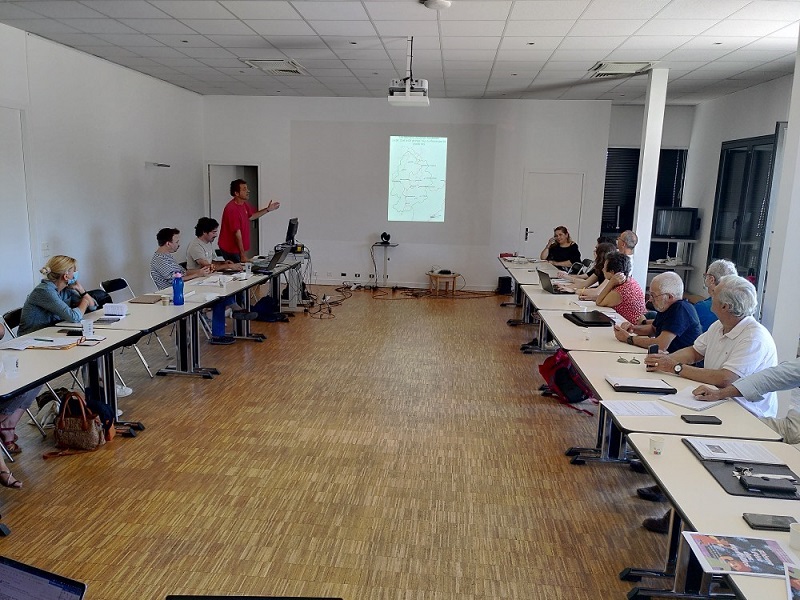
All images and text Flore Coppin, courtesy of Bibracte.
The rural paths working group of the Bibracte – Mont Beuvray Grand Site de France met on 12 July 2022 for a thematic morning session on the development of a new hiking offer in the area. More than 30 participants attended the event – members of the working group (elected representatives of the 12 village communities of the area, volunteer residents), representatives of local authorities, local tourist offices and of the French hiking federation – who were able to discuss the project.
The prototype of the main itinerary – 140 kms route passing through the 12 villages of the project area – was conceived earlier this year by the members of the working group.
In June, Annabelle Dauvergne, a member of the tourism working group of the Grand Site de France tested the itinerary on a volunteer basis. Annabelle is a professional hiking guide, owner of a gîte and a farmer’s wife. Annabelle helped us to validate the interest and feasibility of the hiking route and to point out areas for improvement in terms of tourism services. Her trip has been organised thanks to the support of the rural paths working group volunteers who provided accommodation and food. During the meeting, Annabelle shared her experience and provided advices.
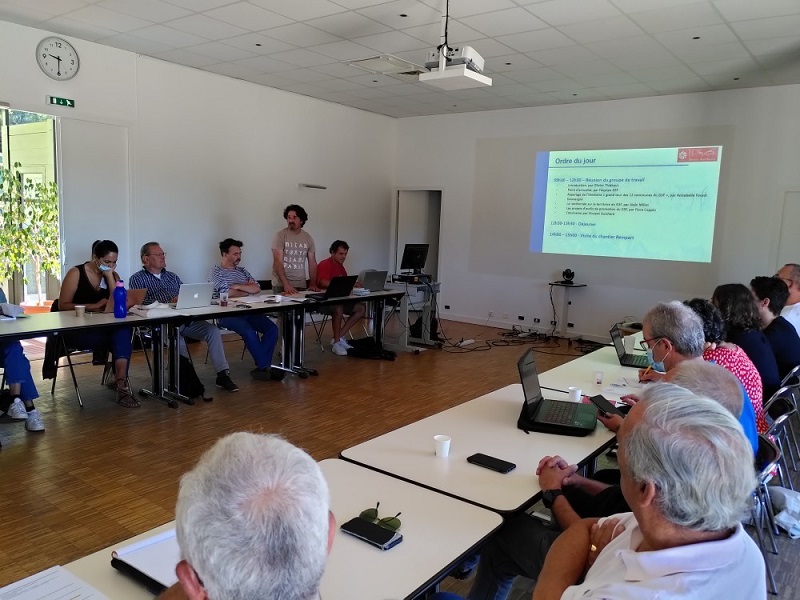
In parallel, an expert of the Regional Natural Park of Morvan (Bibracte’s partner) carried out a technical feasibility study for the route. His report pointed out issues and opportunities regarding topics such as signposting or maintenance of the itinerary.
During the meeting, the discussions with the various actors around the table have enabled the expression of shared action plan for the development of the project.
View the presentation discussed at the meeting (French language): PDF
Thus, in the coming months, the different stakeholders will work on the implementation of the technical conditions for the promotion of the route, establish a consultation with the users of the paths, and elaborate a strategy for the development of the service offer.
After the meeting, participants were invited to visit the heritage summer camp organized by Bibracte and his partner Rempart association, with the support of INCULTUM project.
The working group will meet again this autumn and plans to extend participation in its work to new stakeholders.
Press release about the activities (French Language): PDF


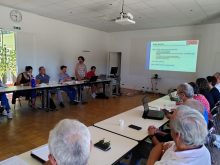
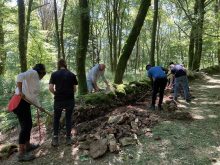
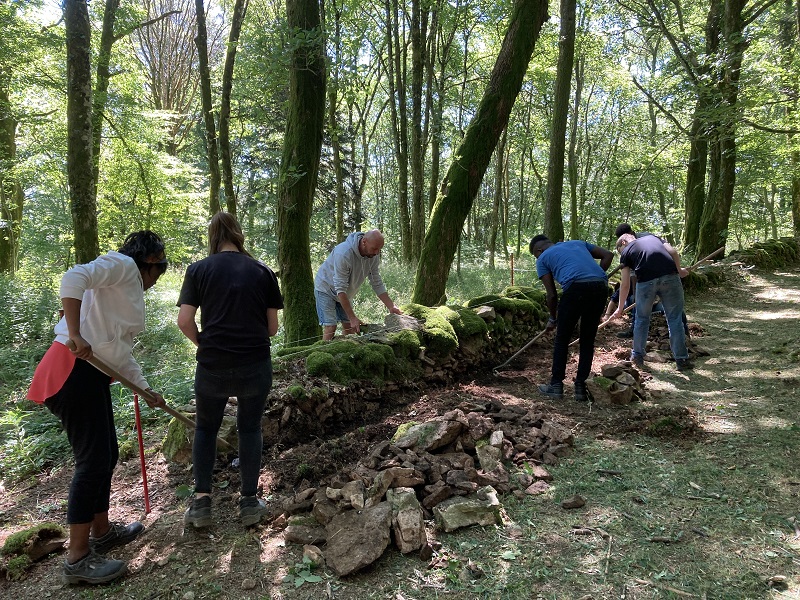
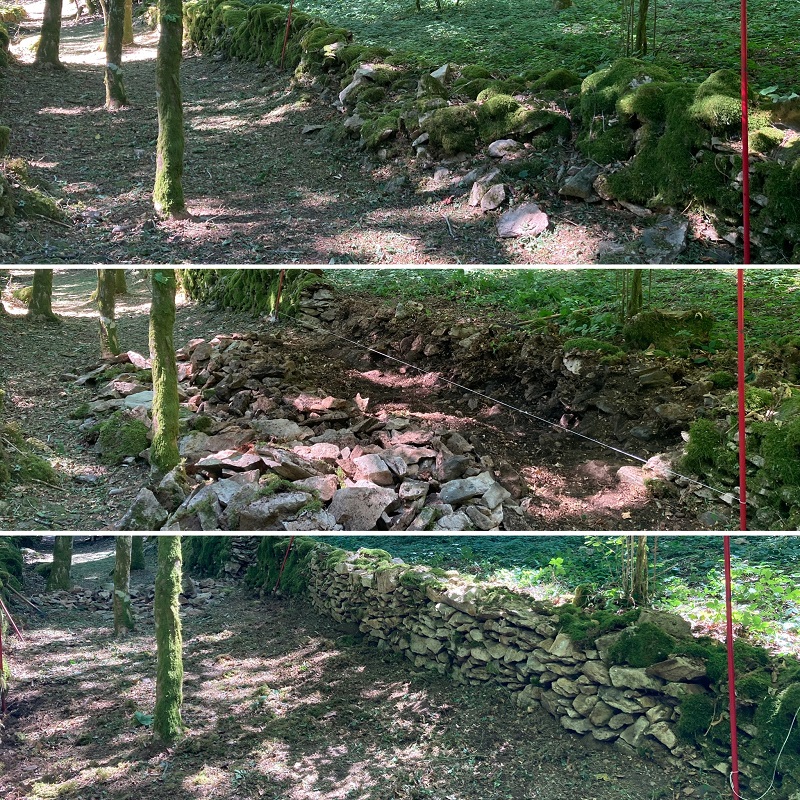
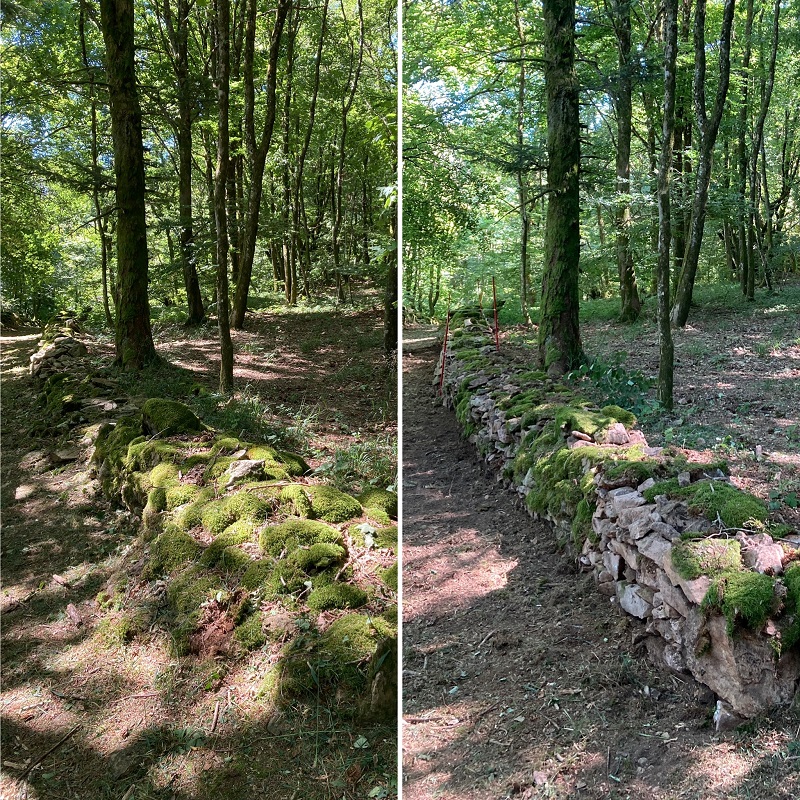

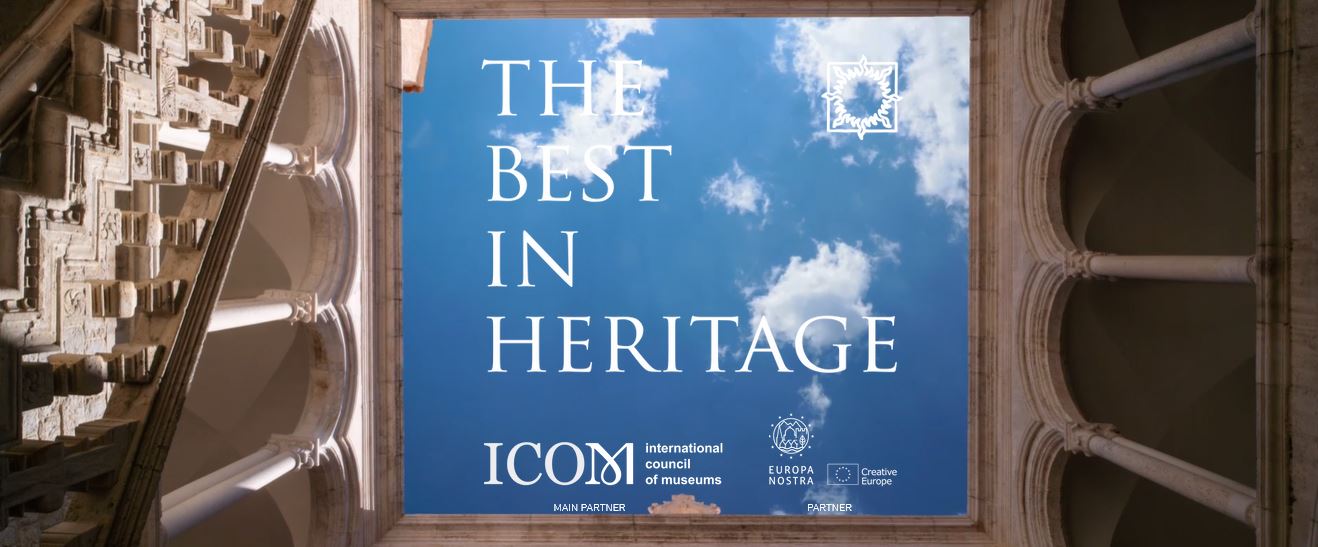


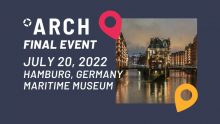
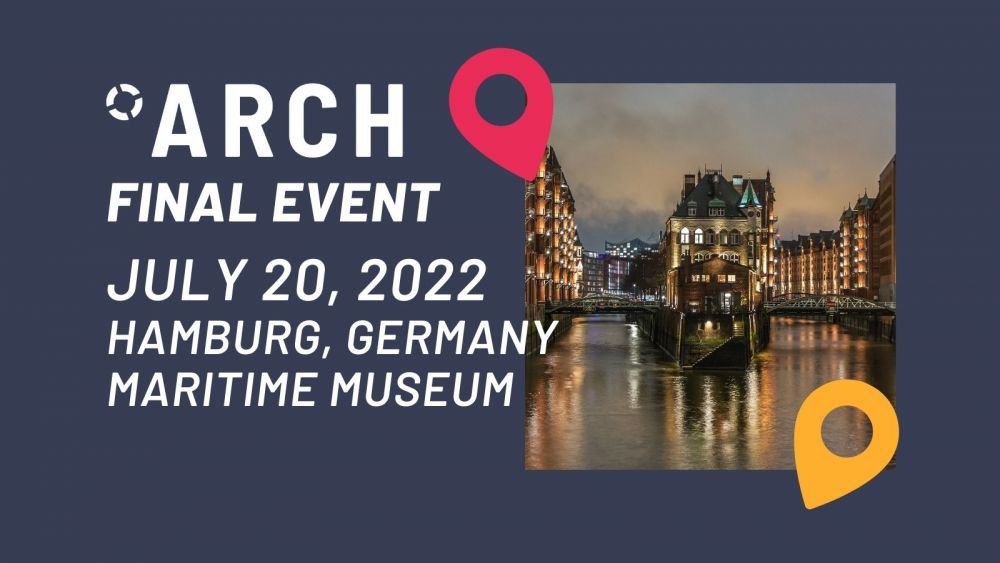 The European funded project
The European funded project 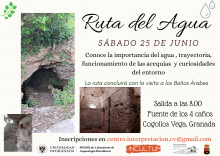
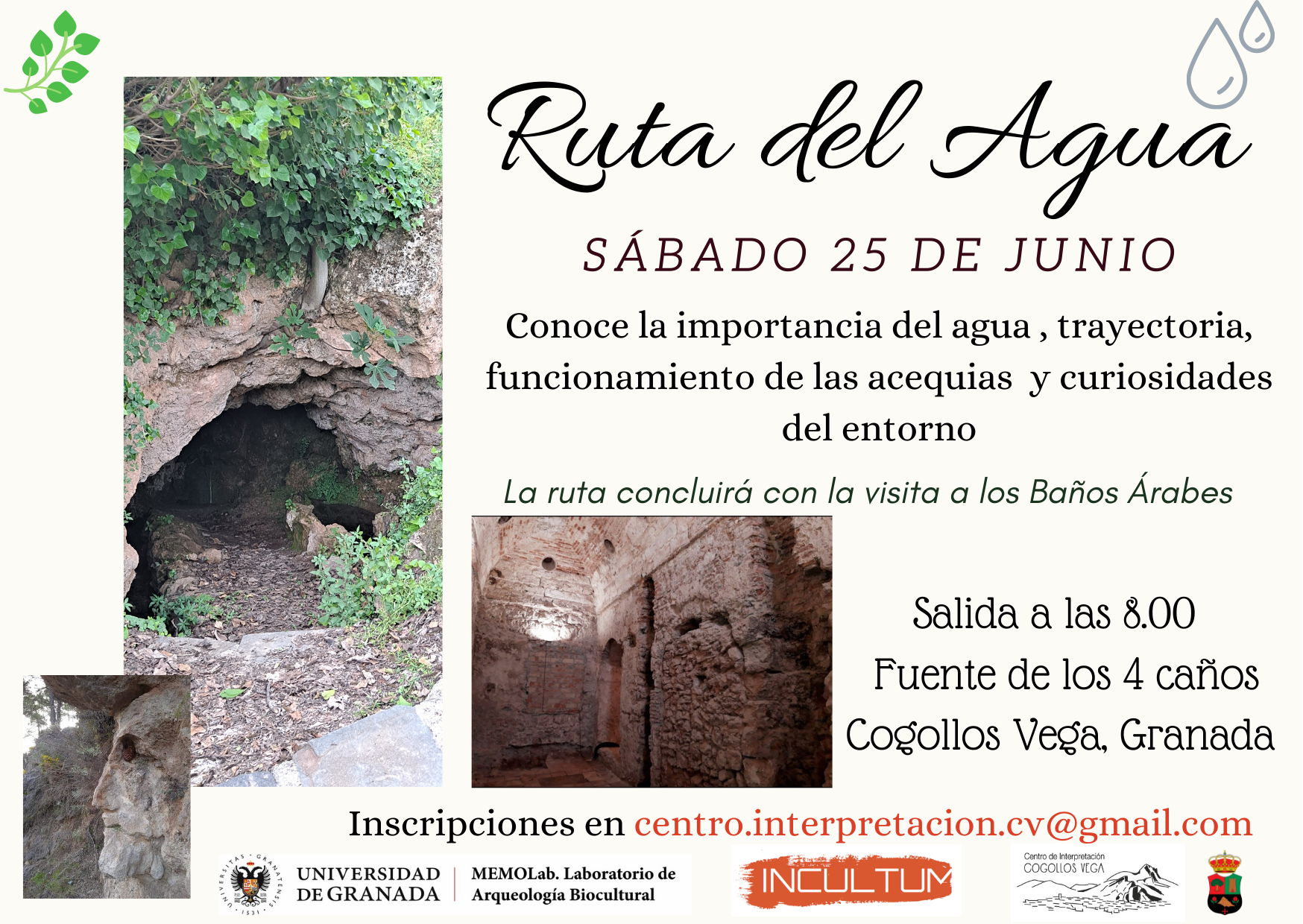












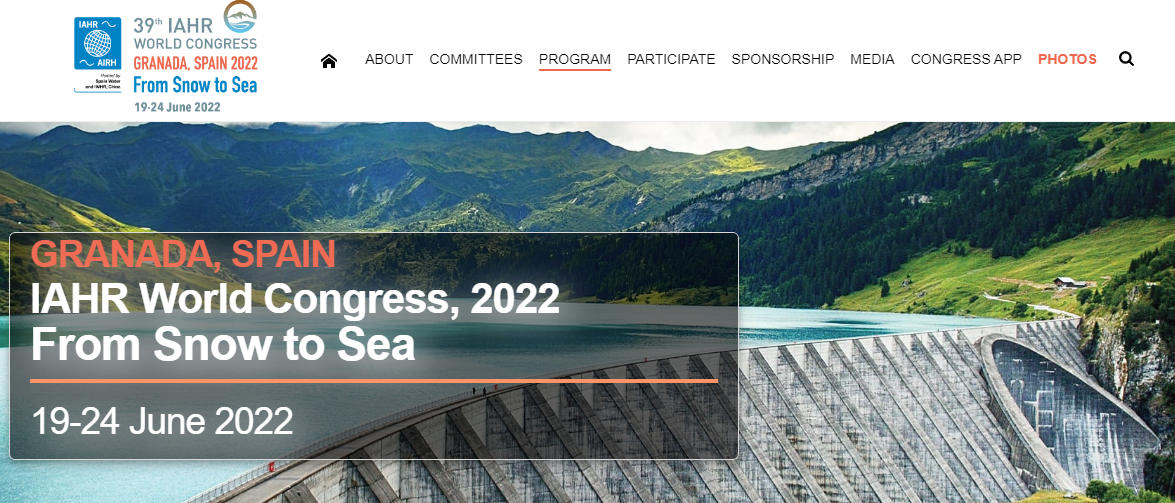
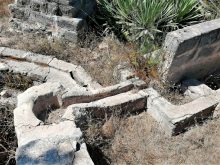
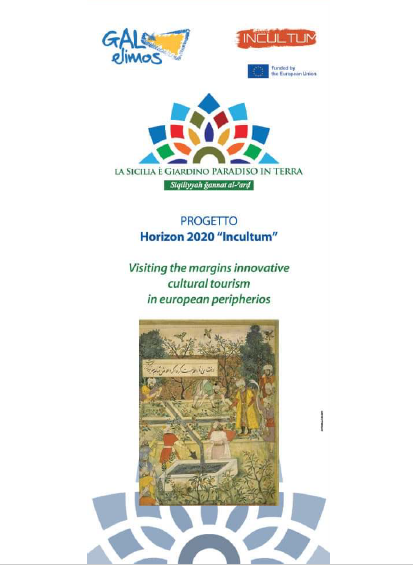
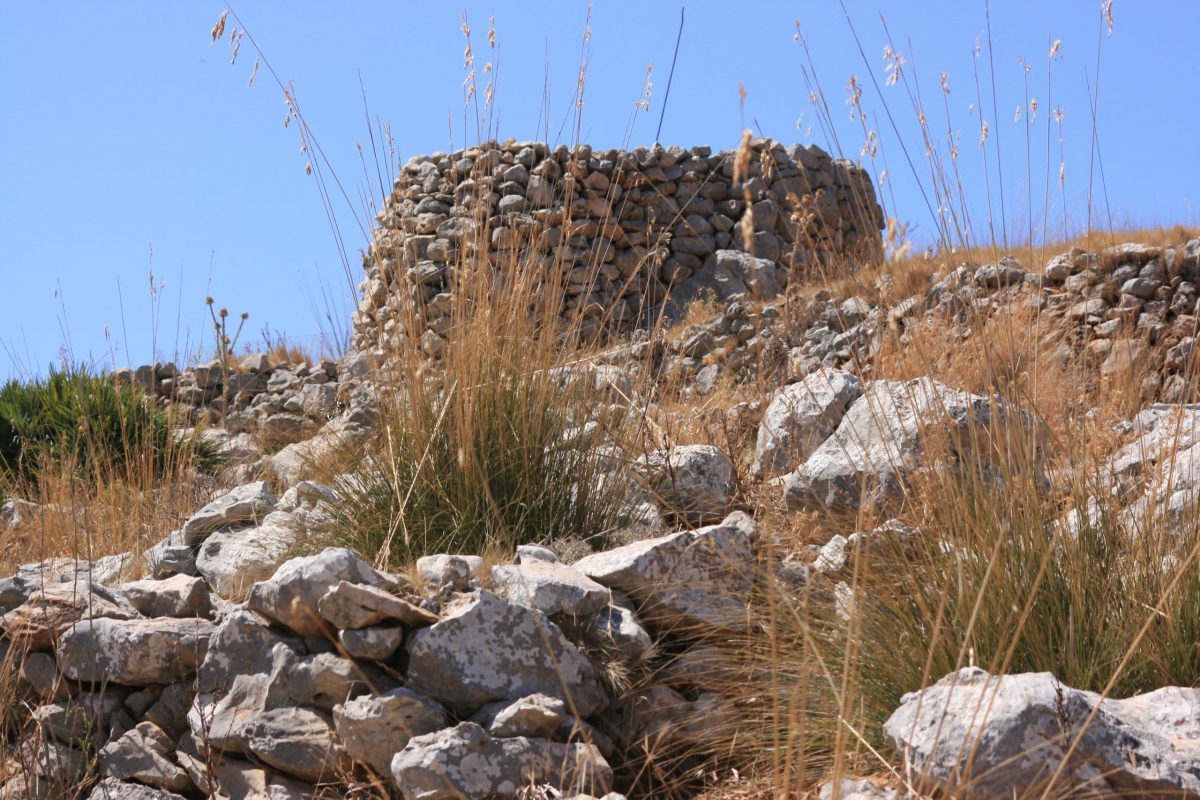
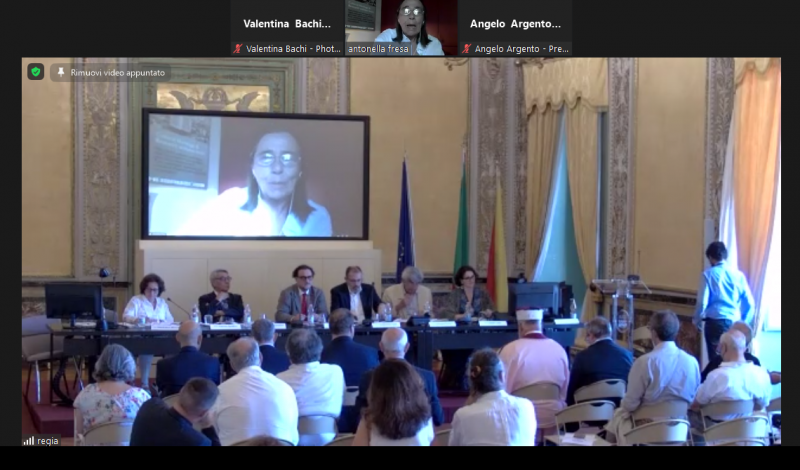 The INCULTUM Pilot set in Sicily organizes a high-level conference in Palermo, the Regional County Seat, to describe the work done so far in the area of Trapani, and to discuss with university experts and policy makers about strategies and actions for sustainable development of the Region.
The INCULTUM Pilot set in Sicily organizes a high-level conference in Palermo, the Regional County Seat, to describe the work done so far in the area of Trapani, and to discuss with university experts and policy makers about strategies and actions for sustainable development of the Region.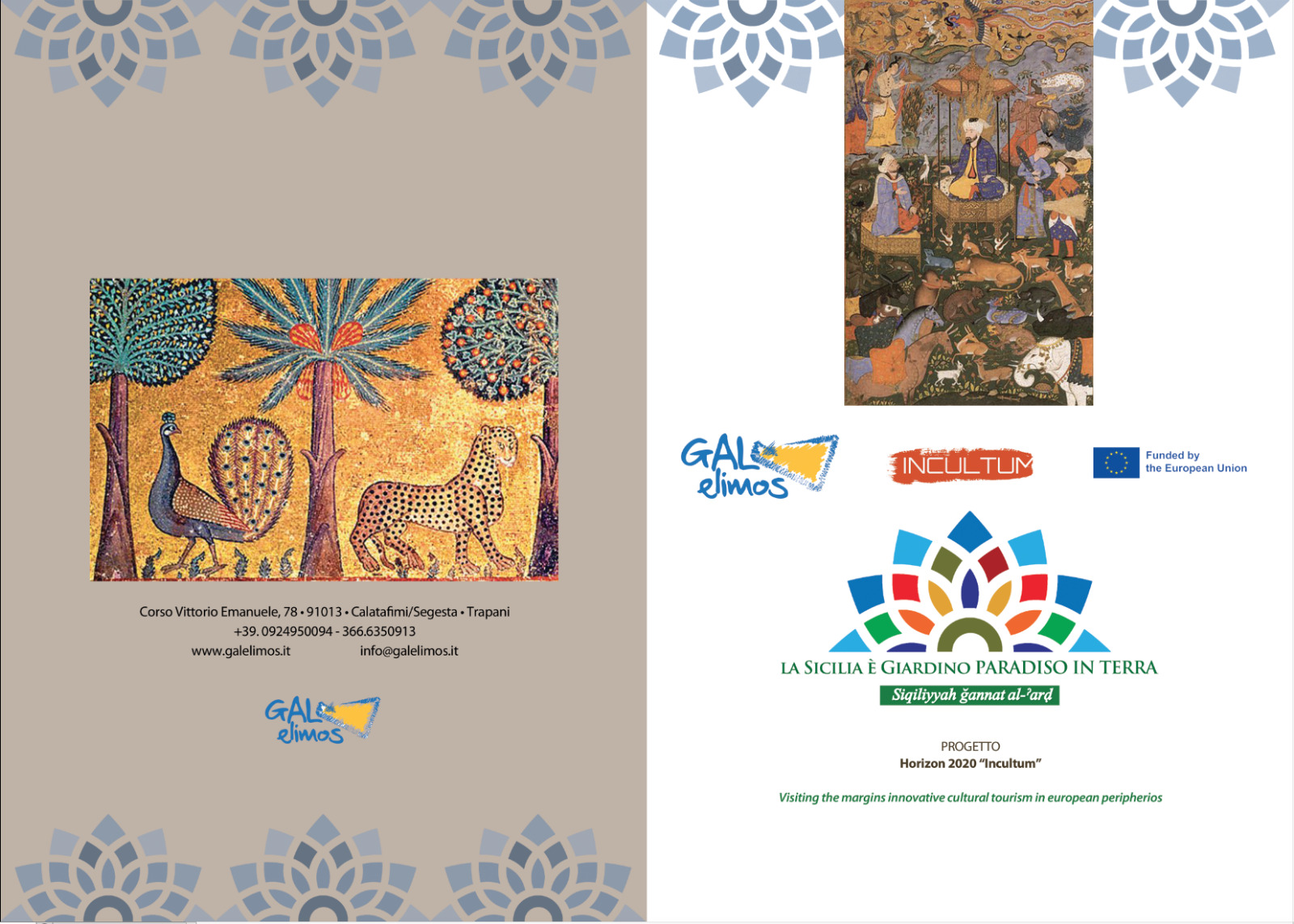
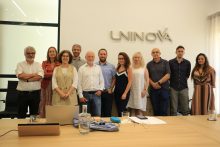
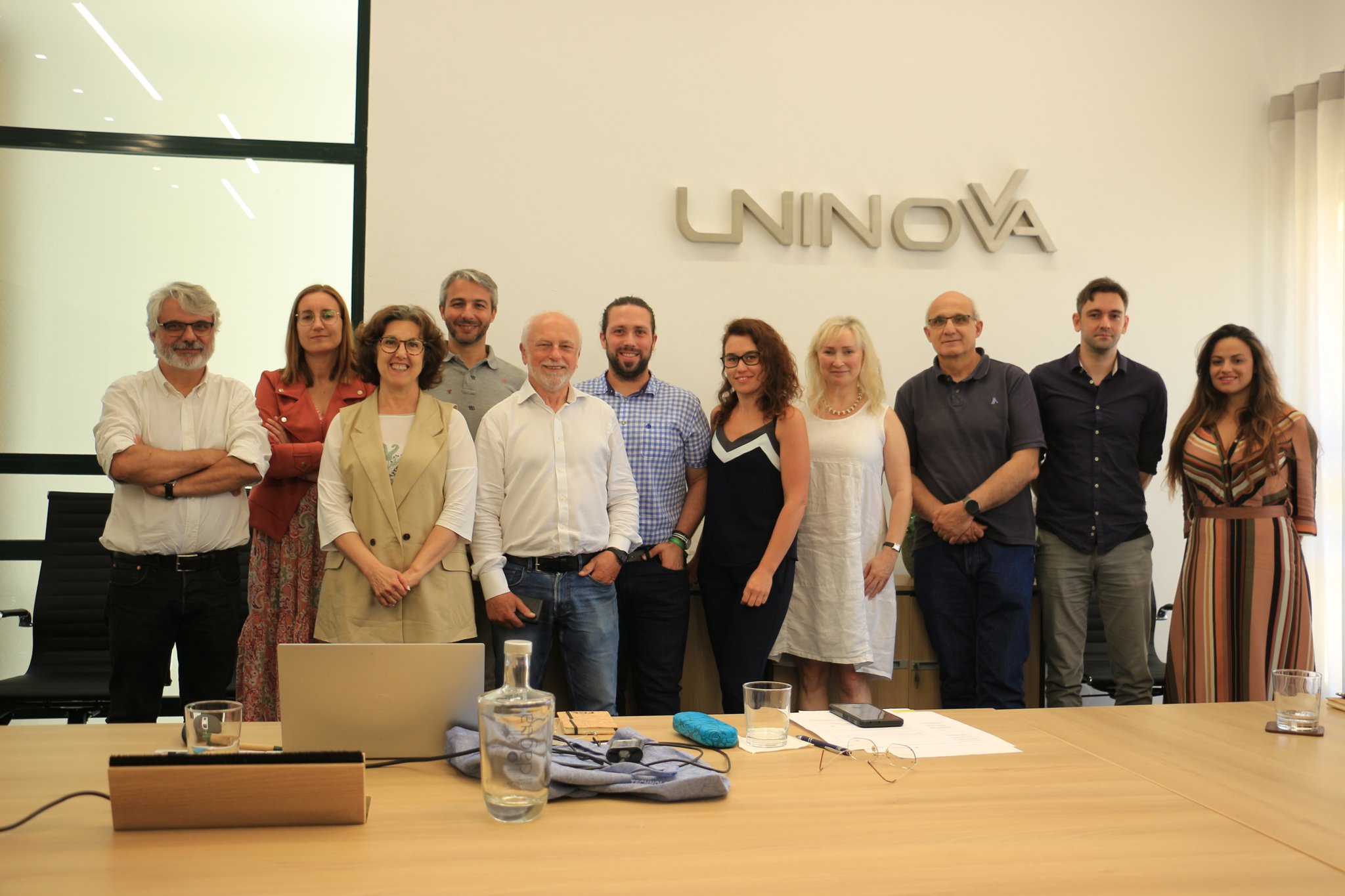
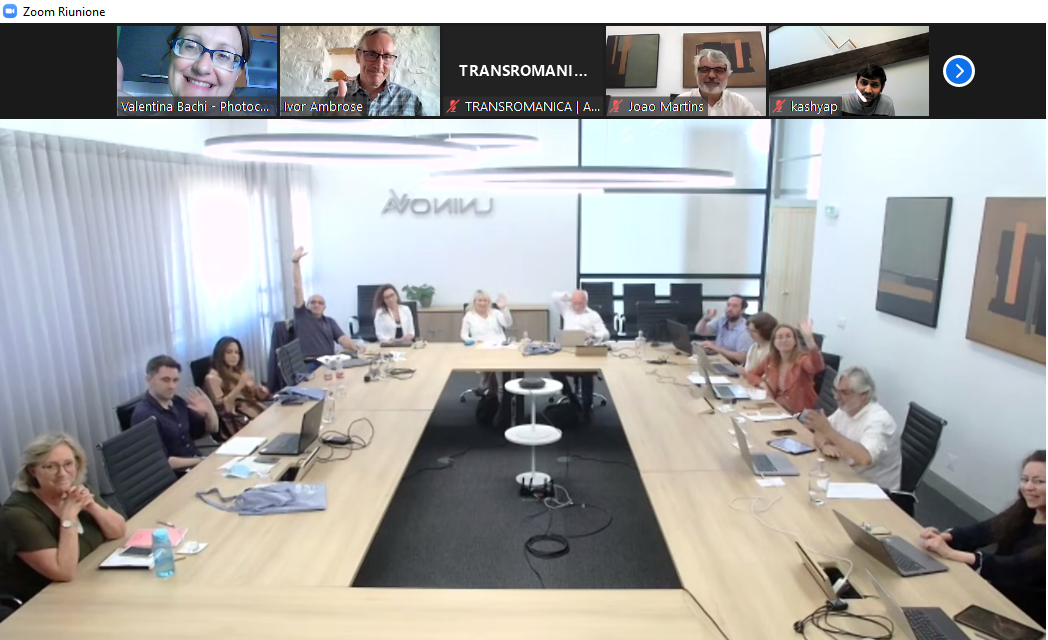
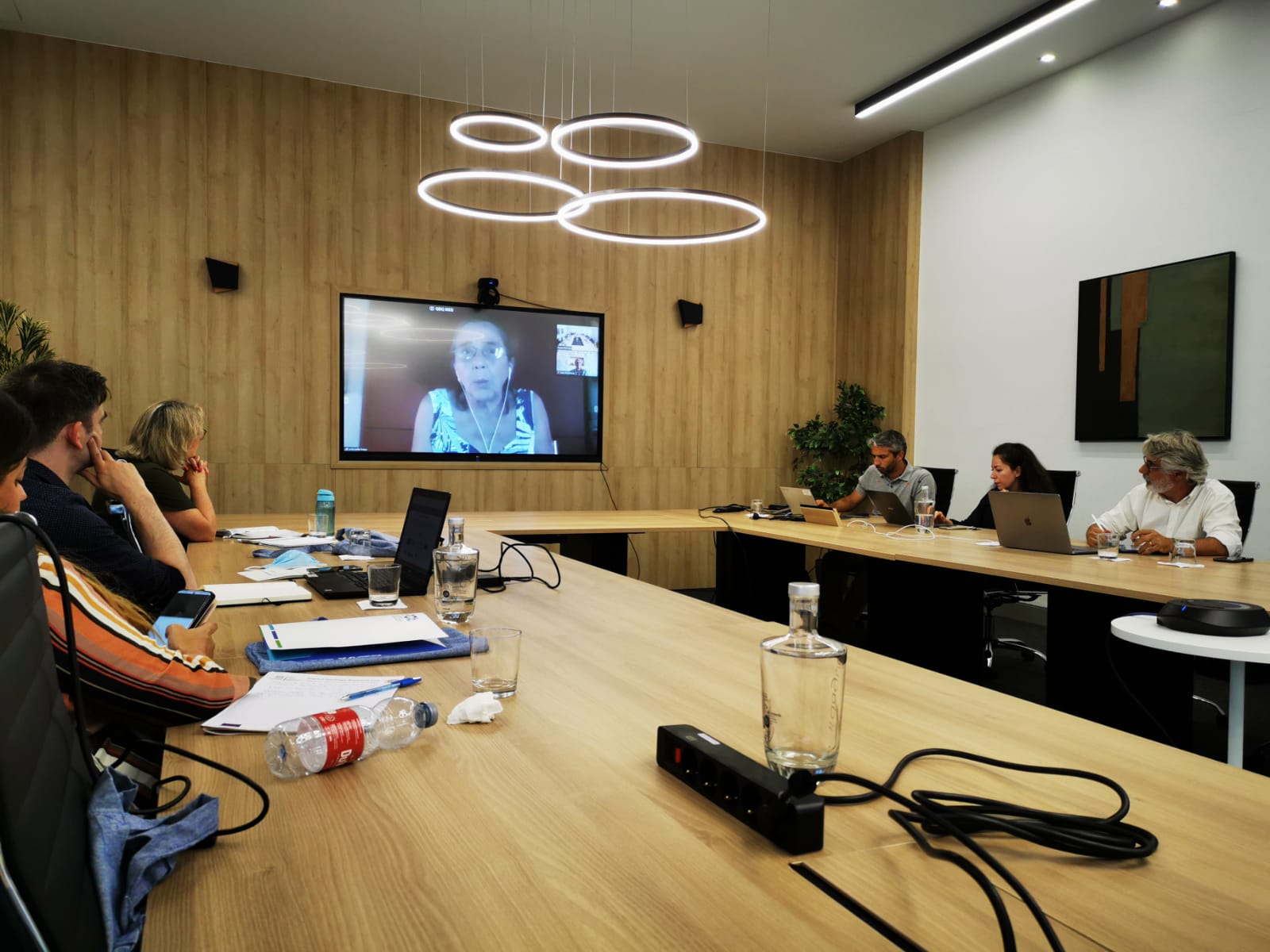
 If you have interesting news and events to point out in the field of digital cultural heritage, we are waiting for your contribution.
If you have interesting news and events to point out in the field of digital cultural heritage, we are waiting for your contribution.





